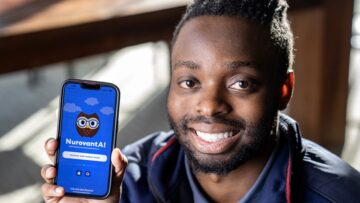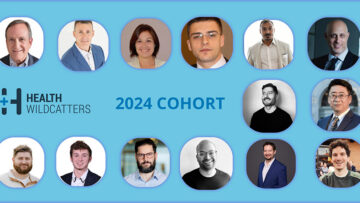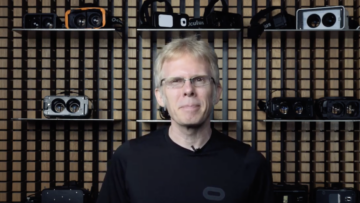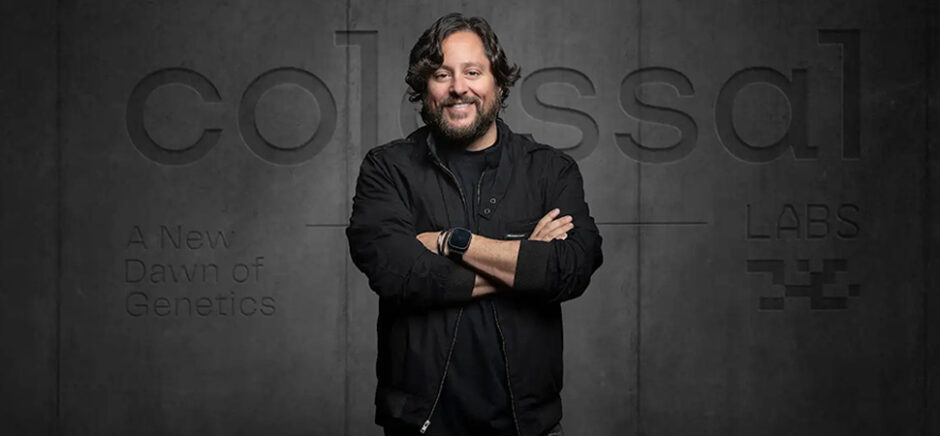MIT
Dallas’ Colossal Biosciences Becomes Texas’ First Decacorn, Securing $10.2B Valuation With Series C Funding
by Quincy Preston | Jan 15, 2025
Best known for its moonshot mission to revive the woolly mammoth, Colossal Biosciences has secured $200 million in Series C funding led by TWG Global. The world's first de-extinction company, founded in 2021 by entrepreneur Ben Lamm and renowned Harvard geneticist George Church, Colossal Biosciences is working to restore Earth's lost biodiversity, "making science fiction into science fact."
MORE►

by Nicole Ward, DRC Data Journalist |
Sep 11, 2024
Trevor Gicheru created Nurovant AI, an app that converts lectures into flashcards, quizzes, and summaries, helping students focus on key themes. With support from institutions like SMU, Harvard, and MIT, he’s now scaling his venture and aiming for a $2-3 million seed round in 2025.
MORE►

by Quincy Preston |
Sep 6, 2024
Dallas-based seed-stage healthcare accelerator Health Wildcatters added nine startups to its growing portfolio, expanding its network of innovators from Texas, the U.S., and Europe. Earlier this year, the accelerator also gained national recognition for its Women in Science and Healthcare initiative, which received a $50,000 award from the U.S. Small Business Administration's Growth Accelerator Fund Competition.
MORE►

by Kevin Cummings |
Dec 16, 2022
Carmack—the former CTO of VR giant Oculus—has taken goggle-gazing to the next level, programmed Doom and Quake, and founded a Mesquite-based space tourism startup. Now he's on a mission he says "could change the course of human history": artificial general intelligence. Keen's focus on AGI could lead to "something that behaves like a human being or like a living creature, and that can then be educated in whatever ways that we need to," he says.
Carmack believes AGI will hit the market in less than a decade. enabling AIs to interact socially with each other—or with actual people.
Carmack believes AGI will hit the market in less than a decade. enabling AIs to interact socially with each other—or with actual people.
MORE►





















